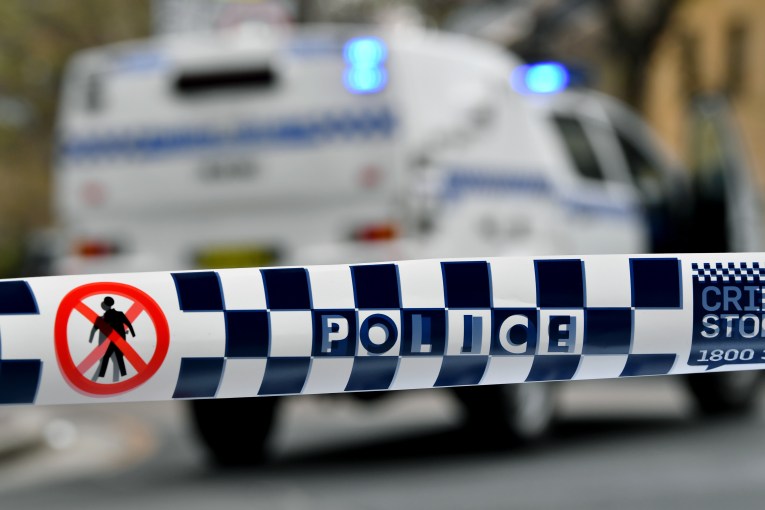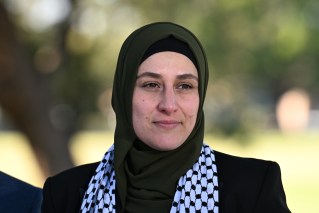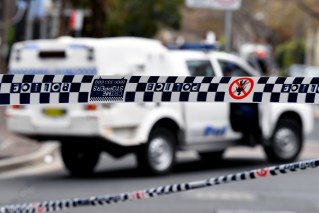Hazard reduction not a panacea: RFS boss

The NSW Rural Fire Service commissioner has weighed in on hazard reduction, saying the single biggest impediment to completing burns is weather. Photo: Getty
The boss of the NSW Rural Fire Service says hazard reduction is important but not a panacea for bushfire risk and has “very little effect at all” on the spread of fire in severe or extreme weather.
Commissioner Shane Fitzsimmons on Wednesday addressed the organisation’s hazard reduction activities as bushfires fuel debate over preparation for the NSW fire season.
Federal Nationals MP Barnaby Joyce told the Seven Network that “green caveats” were hampering firefighting capacity.
But Mr Fitzsimmons said hazard reduction burning was challenging and the biggest impediment to completing burns was weather.
He said there was a “shrinking window of opportunity” for more favourable burning periods as fire seasons lengthened.
“Hazard reduction is absolutely an important factor when it comes to fire management and managing fire in the landscape but it is not the panacea,” Mr Fitzsimmons told ABC News on Wednesday.
“When you’re running fires under severe, extreme or worse conditions, hazard reduction has very little effect at all on fire spread.
“It’s only when the conditions back off a bit … that you’ve actually got some prospect of slowing the fire spread.”
Mr Fitzsimmons said the RFS was now achieving up to 90 per cent of its annual burn program.
NSW Environment Minister Matt Kean earlier this week told Nine Newspapers this season’s fires showed more hazard reduction was needed, but wasn’t a silver bullet.
Mr Kean said a NSW government review after the conclusion of the bushfire season would consider fire management issues.
Bushfire and Natural Hazards Cooperative Research Centre chief executive Richard Thornton on Tuesday said hazard reduction was part of the whole picture.
“With climate change we know that the fire seasons are starting earlier, they’re finishing later. The cumulative fire danger during a fire season is higher,” he said.
“We know that means that we’ll get more of these types of weather events that we’ve seen over the last few months … so we need to consider every part of the whole fire management process.”
-AAP








